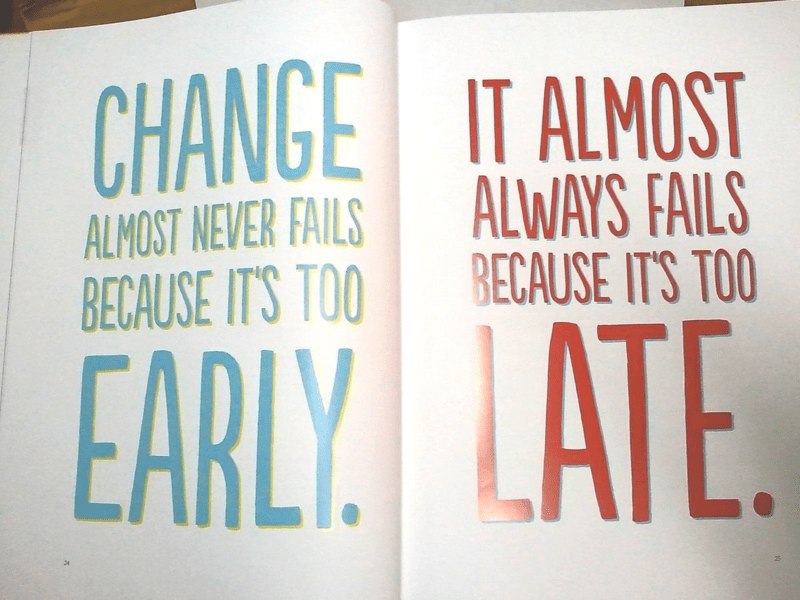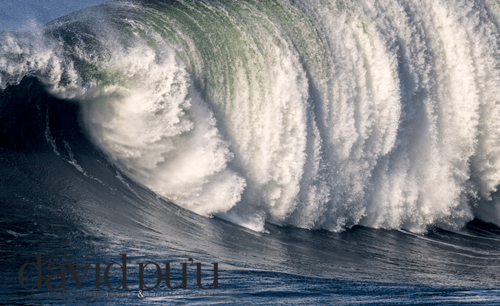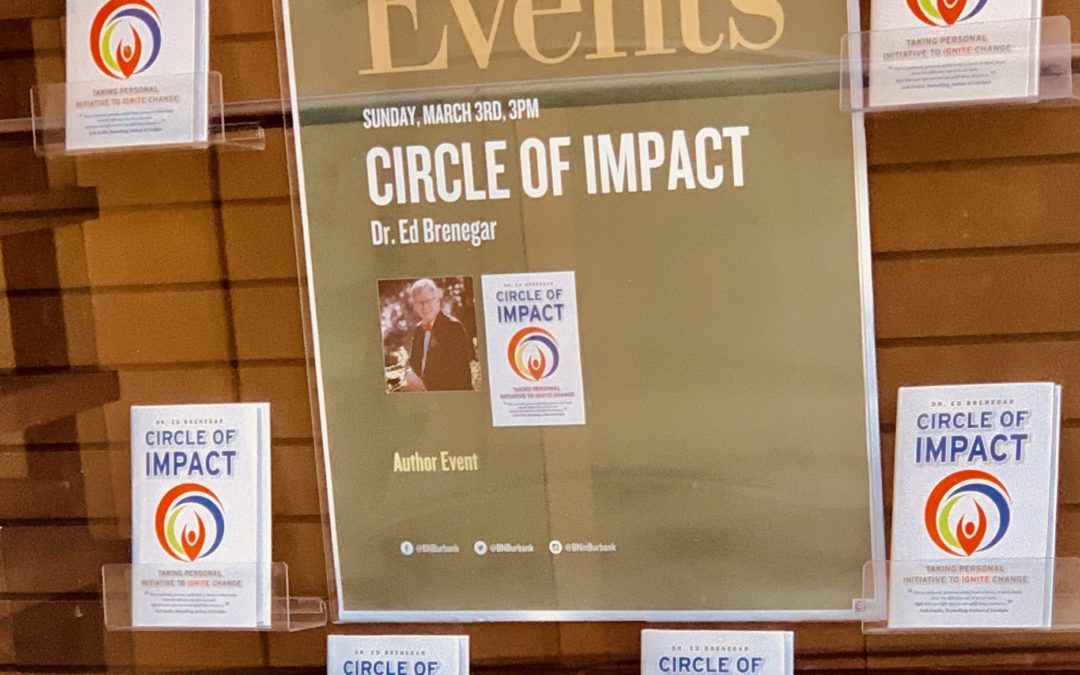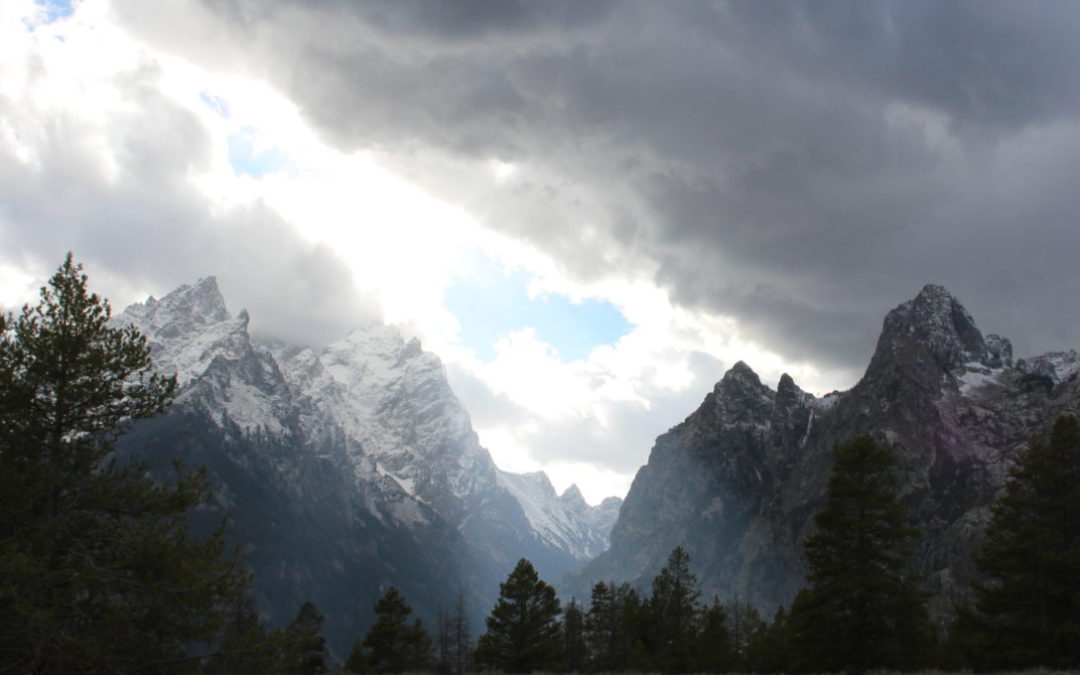
by Dr. Ed Brenegar | Apr 29, 2020 | Book, Centralized Institutions, Circle of Impact, Community, Impact, The Pressing Issues
Four Responses to Change
There is a continuum of response to change. There are four responses along a spectrum with the extremes being destructive responses to change, and the middle two being more constructive. Let us call the destructive responses Change-Phobic and Change-Junkie and the constructive responses Change-receptive and Change-initiator.

by Dr. Ed Brenegar | Apr 27, 2020 | Book, Circle of Impact, Ideas, Transition
“It is vitally important that we understand what change is. It is the living, dynamic context of our lives. Every thought, every emotion, every action, every response in a particular moment operates within a change context. Every movement, shift in perspective, or initiative taken happens within the context of change. …
I call it the speed of change.

by Dr. Ed Brenegar | Apr 25, 2020 | Brand, Circle of Impact, Impact, Questions, Uncategorized
“It is vitally important that we understand what change is. It is the living, dynamic context of our lives. Every thought, every emotion, every action, every response in a particular moment operates within a change context. Every movement, shift in perspective, or initiative taken happens within the context of change.
Change is so prevalent that we don’t even see it. It is invisible until it becomes toxic or threatening. Then, we see it or feel it so much that we want to get out of it. Change is always present. It is our best friend and our worst enemy.
The skill needed is a recognition that we are always in transition. It is not just a mental note that change is always present. It is seeing precisely what kind of change is happening in the moment. Did I anticipate my clients stepping back from the projects we had planned? I was not surprised. All around me were people I knew whose businesses were in crisis.”
Change is the context of our lives. The question is how do we embrace it.

by Dr. Ed Brenegar | Apr 22, 2020 | Book, Brand, Circle of Impact, Community, Fragmented, Ideas, Impact, Transition
One of the realities that the COVID-19 pandemic has exposed is the degree to which our culture has shifted in the type of consumerism which it promotes.
I remember back in the early 1980s listening to a NPR interview with a guy who had written a book about modern marketing philosophies. I remember it to this day because of the shift that he had noted began to take place during the 1960s. He described how for much of the 20th century marketing had been focused on shaming people into buying products.
Then a shift occurred where consumer product marketers began to promote products by telling people that they deserved to have it. Every time I think of this interview I remember the old McDonald’s jingle, “You deserve a break today…”.

by Dr. Ed Brenegar | Apr 22, 2020 | Circle of Impact, Community, Transition, Uncategorized
“It’s time to stop talking about leadership, and lead.”
The voice in my head.
One afternoon.
Jackson Hole, Wyoming.
July 1999.
Over the past three and a half decades I’ve lived and worked in the world of leadership. Part of my passion has been the desire to understand the intersection of organizational structure, culture and human nature with the phenomenon of leadership. From early on in my training and study, it was clear that my perception of leadership is different than many who write about it and the practitioners of the leader’s craft.






